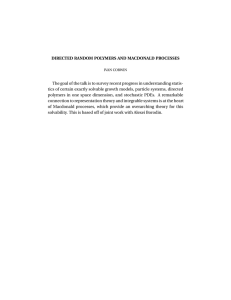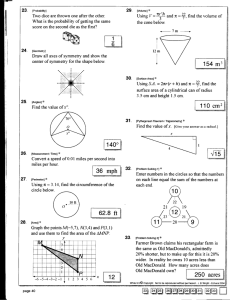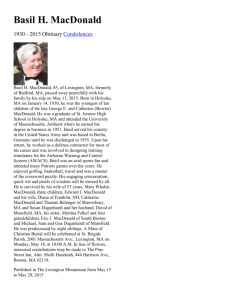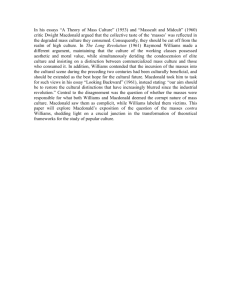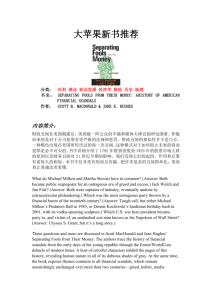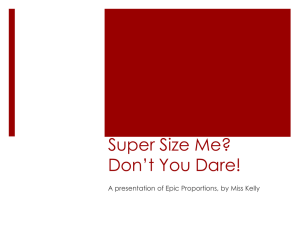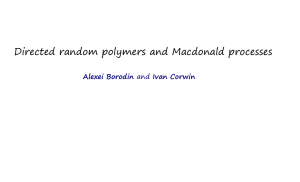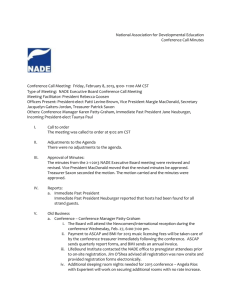Grammar Guide
advertisement
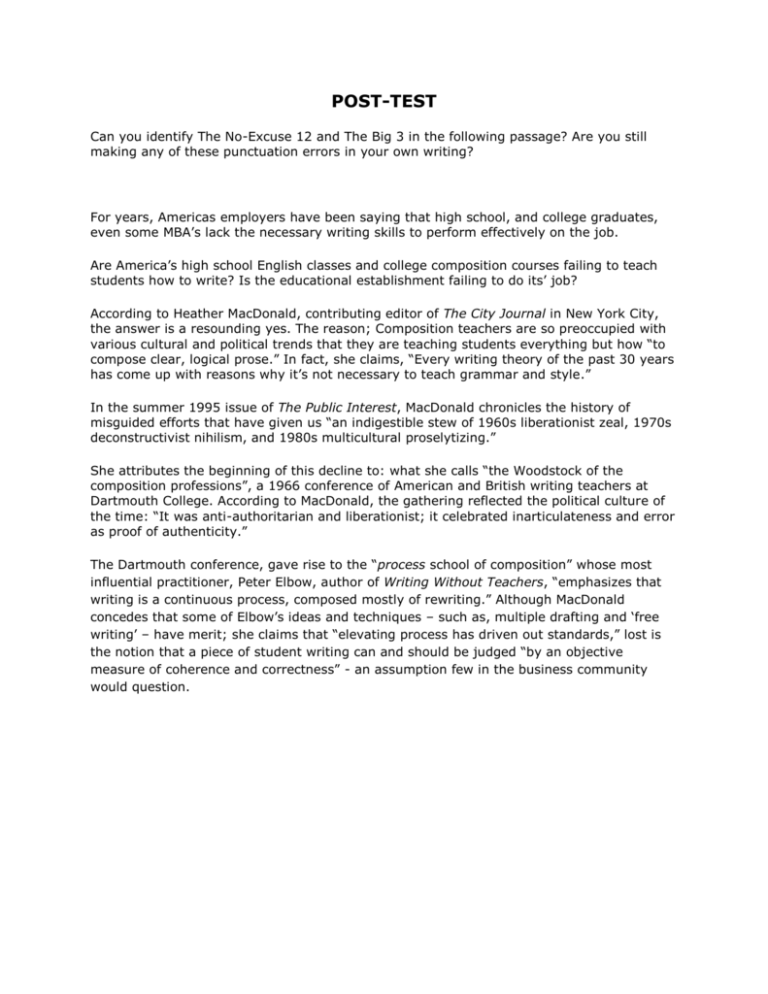
POST-TEST Can you identify The No-Excuse 12 and The Big 3 in the following passage? Are you still making any of these punctuation errors in your own writing? For years, Americas employers have been saying that high school, and college graduates, even some MBA’s lack the necessary writing skills to perform effectively on the job. Are America’s high school English classes and college composition courses failing to teach students how to write? Is the educational establishment failing to do its’ job? According to Heather MacDonald, contributing editor of The City Journal in New York City, the answer is a resounding yes. The reason; Composition teachers are so preoccupied with various cultural and political trends that they are teaching students everything but how “to compose clear, logical prose.” In fact, she claims, “Every writing theory of the past 30 years has come up with reasons why it’s not necessary to teach grammar and style.” In the summer 1995 issue of The Public Interest, MacDonald chronicles the history of misguided efforts that have given us “an indigestible stew of 1960s liberationist zeal, 1970s deconstructivist nihilism, and 1980s multicultural proselytizing.” She attributes the beginning of this decline to: what she calls “the Woodstock of the composition professions”, a 1966 conference of American and British writing teachers at Dartmouth College. According to MacDonald, the gathering reflected the political culture of the time: “It was anti-authoritarian and liberationist; it celebrated inarticulateness and error as proof of authenticity.” The Dartmouth conference, gave rise to the “process school of composition” whose most influential practitioner, Peter Elbow, author of Writing Without Teachers, “emphasizes that writing is a continuous process, composed mostly of rewriting.” Although MacDonald concedes that some of Elbow’s ideas and techniques – such as, multiple drafting and ‘free writing’ – have merit; she claims that “elevating process has driven out standards,” lost is the notion that a piece of student writing can and should be judged “by an objective measure of coherence and correctness” - an assumption few in the business community would question.
